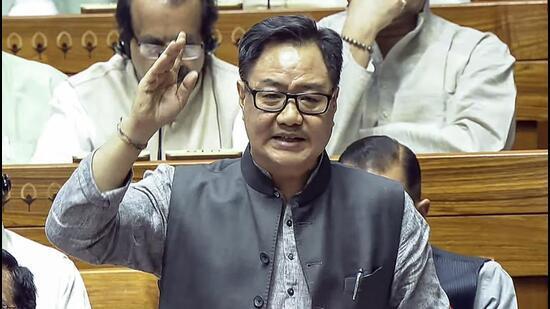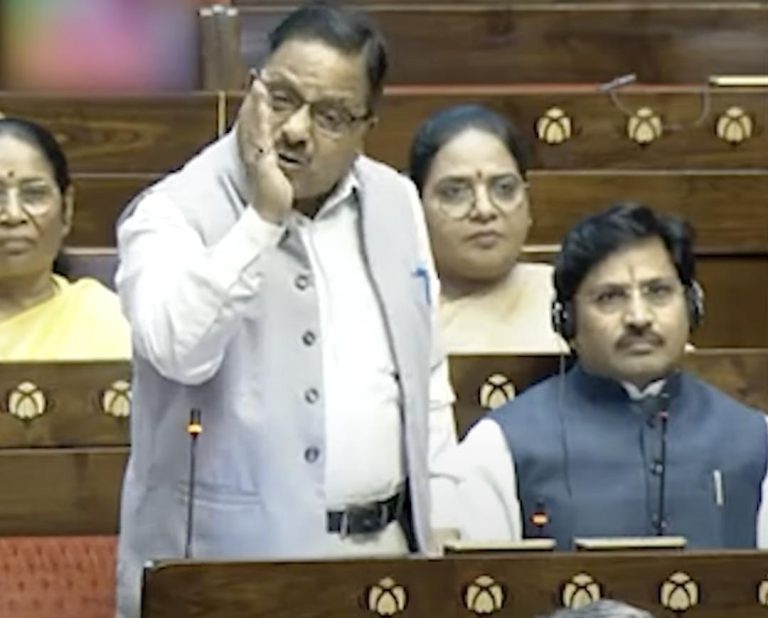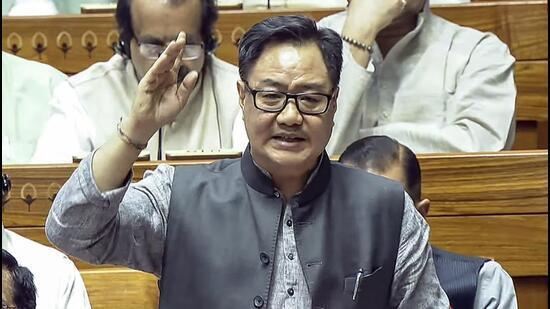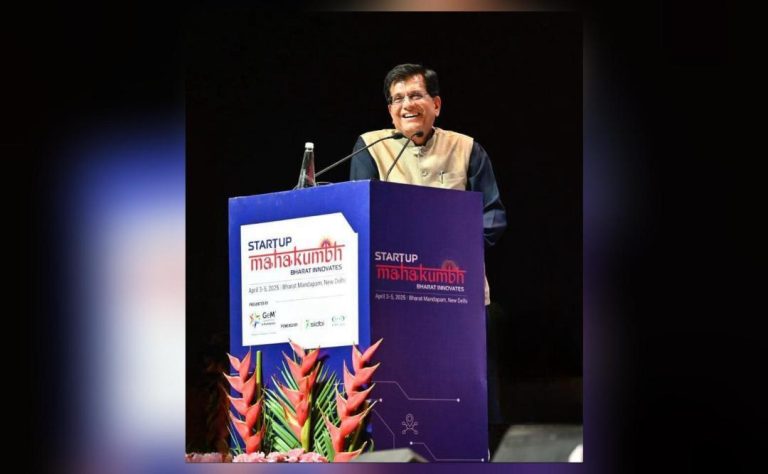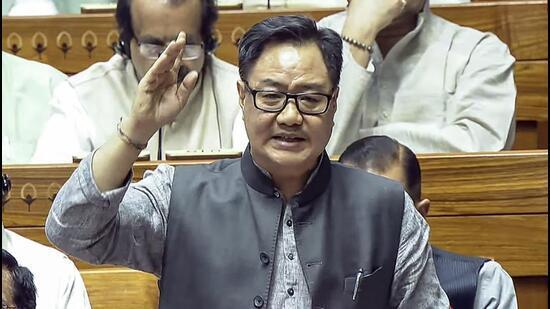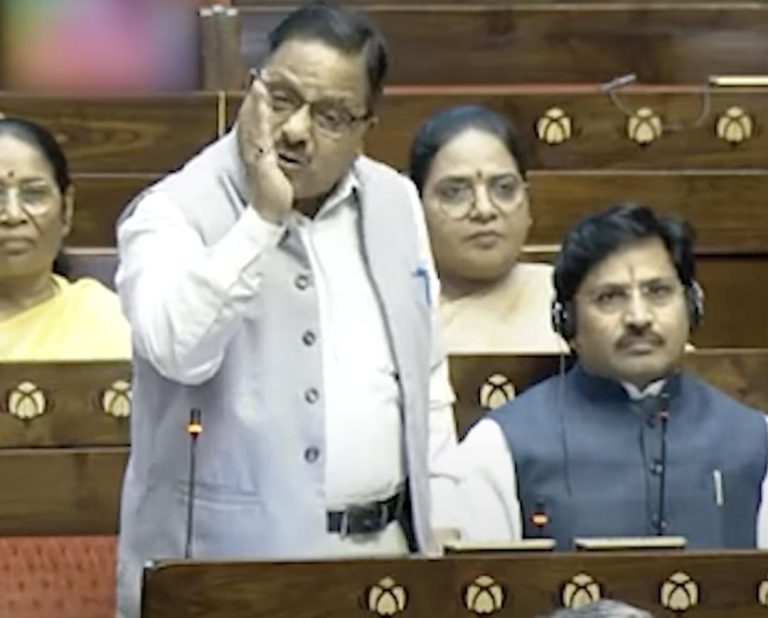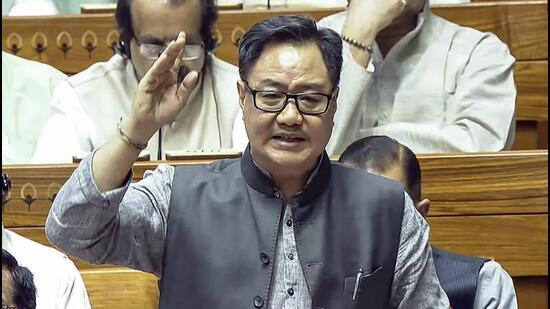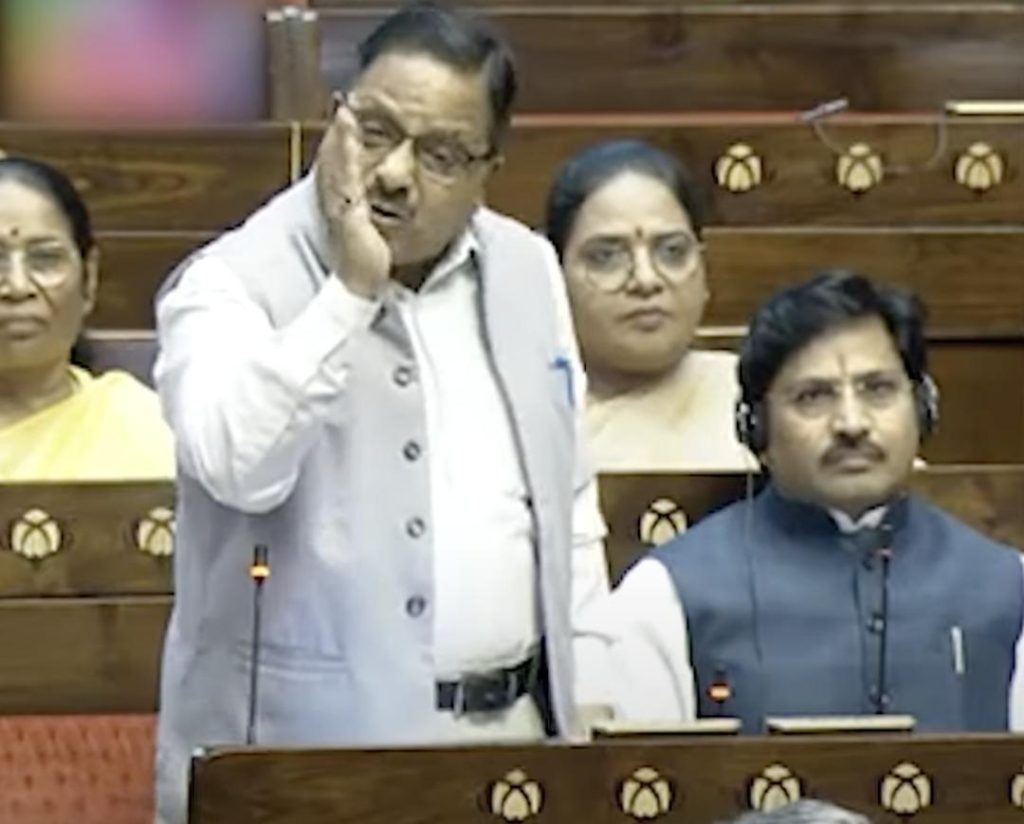
Should I Read the Quran and Tell You What’s Written in It: BJP MP Radha Mohan Das on Waqf Bill
In recent times, the Waqf Bill has been a topic of much debate and controversy in India. The Bill aims to regularize the functioning of the Waqf Board, which manages properties belonging to the Muslim community. However, during the discussion on the Bill, a BJP MP, Radha Mohan Das, made a bold statement that has left many questioning the intentions behind it.
During the discussion, Radha Mohan Das asked if he should read the Quran, the holy book of Islam, and share its contents with the House. His statement was met with a mix of shock, confusion, and anger from the opposition benches. So, what prompted him to make such a statement, and what does it reveal about the Bill and its implications?
The Context
The Waqf Bill aims to replace the existing Waqf Act of 1995, which governs the management of Waqf properties. The new Bill seeks to introduce several reforms, including the creation of a Waqf Board at the district level, the appointment of new members, and the standardization of procedures for managing Waqf properties.
However, the opposition parties, particularly the Congress and the Left, have been criticizing the Bill, claiming that it is an attempt to undermine the autonomy of the Waqf Board and introduce a Hindu majority-dominated Board. They have also accused the government of trying to saffronize the Waqf Board, which is a legitimate concern.
Radha Mohan Das’ Statement
Radha Mohan Das, the BJP MP, made his statement while responding to the criticism from the opposition parties. He said, “I have a question. I should read the Quran and tell you what is written in it. The Quran says that even if one rupee is given to anyone, there should be a written record. And you say you have so many properties without a record.”
In essence, Radha Mohan Das was questioning the lack of transparency and accountability in the management of Waqf properties. He was implying that the Quran emphasizes the importance of written records and documentation, and that the Waqf Board’s failure to maintain such records is a breach of Islamic principles.
What Does it Reveal?
Radha Mohan Das’ statement reveals several things about the Waqf Bill and its implications. Firstly, it highlights the lack of transparency and accountability in the management of Waqf properties. The opposition parties have been complaining about the lack of accountability and transparency in the Waqf Board’s functioning, and Radha Mohan Das’ statement supports their claims.
Secondly, it reveals the BJP’s intention to reform the Waqf Board and introduce greater accountability and transparency in its functioning. Radha Mohan Das’ statement is an attempt to deflect criticism from the opposition parties and to emphasize the need for reforms in the Waqf Board.
Thirdly, it highlights the political polarization of the issue. Radha Mohan Das’ statement has been criticized by the opposition parties as an attempt to undermine the autonomy of the Waqf Board and to introduce a Hindu majority-dominated Board. This has led to a further polarizing of the issue, with the BJP and its allies supporting the Bill, and the opposition parties opposing it.
What Does the Quran Say?
Radha Mohan Das’ statement has sparked a debate about the relevance of Islamic principles to the Waqf Bill. While the Quran does emphasize the importance of transparency and accountability in Islamic law, it is not clear how this applies to the Waqf Bill.
In Islamic law, the concept of “wakf” refers to the donation of property for charitable purposes. The Quran emphasizes the importance of transparency and accountability in the management of wakf properties, and requires that such properties be managed according to Islamic principles.
However, the Waqf Bill is not directly related to Islamic law or the concept of wakf. It is a secular law that aims to regulate the management of Waqf properties, which are managed by the Waqf Board.
Conclusion
Radha Mohan Das’ statement has sparked a heated debate about the Waqf Bill and its implications. While the statement has been criticized by the opposition parties, it also highlights the need for greater transparency and accountability in the management of Waqf properties.
The Waqf Bill is a complex issue that requires careful consideration and debate. While the controversy surrounding the Bill is unfortunate, it also highlights the need for greater understanding and dialogue between different communities and religious groups.
Source:
https://www.youtube.com/watch
